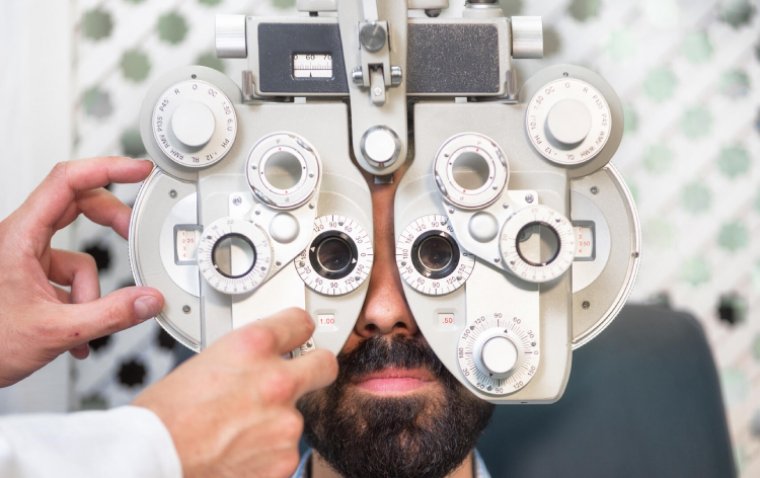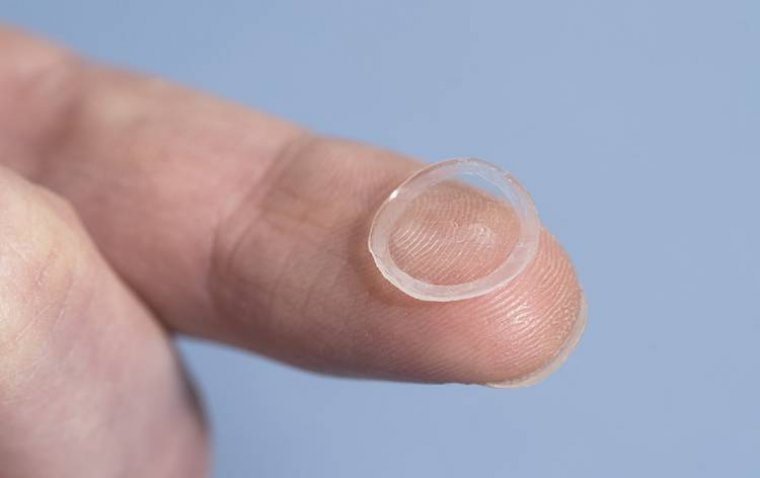
Waterloo University Develops First Drug to Battle AMD and DME
Researchers have successfully developed a groundbreaking synthetic protein to treat macular degeneration and other currently incurable eye diseases leading to blindness in millions of individuals. This pioneering drug, currently undergoing human trials, is the first of its kind.
With over 200 million people worldwide affected by neovascular age-related macular degeneration (AMD) and millions more at risk of developing diabetic macular edema (DME) due to type-1 or type-2 diabetes, both conditions remain without a cure.
The novel antibody activates the Wnt-signaling network, a group of proteins that transmit information into cells through surface receptors like frizzled receptors (FZD). By improving blood vessel integrity within the eye, the drug effectively blocks fluid buildup in the retina, potentially leading to enhanced vision for those suffering from AMD or DME.
Dr. Sachdev Sidhu, an entrepreneur in residence researcher at the University of Waterloo's School of Pharmacy, played a pivotal role in developing the drug alongside AntlerA Therapeutics Inc., where he is a scientific co-founder, in collaboration with EyeBio. As the first to activate the Wnt/FZD pathway through this drug, the team's groundbreaking work could pave the way for treating various diseases worldwide.
"While the biology of the Wnt/FZD pathway in eye disease has been studied for many years, we are the first group to develop a drug that activates this pathway in patients, leading to a treatment for these diseases," Sidhu said. "Our synthetically derived proteins can act like the natural proteins and we knew if we figured this out, we could open many other doors to treat other diseases."
Furthermore, the researchers are working on targeting other branches of the Wnt/FZD system to develop drugs that may effectively treat prevalent diseases impacting people worldwide, including lung, liver, bone, and intestinal diseases.
"Basic science and drug development are closely linked due to the advancement of technology and its ability to translate ideas rapidly into therapies for patients," Sidhu said. "It is essential to have entrepreneurs involved in both innovative science and business for ideas to advance smoothly into products."
The drug's development team, alongside Dr. Sidhu, includes Dr. Jarrett Adams and Dr. Levi Blazer, both engineering and science research associates at Waterloo.
The researchers are confident that this revolutionary treatment will transform the drug development landscape. Unlike most current drugs that primarily prevent further damage, this drug marks the first of an entirely new class that can actively repair organ damage caused by degenerative diseases.
Reference
(1).jpg)










